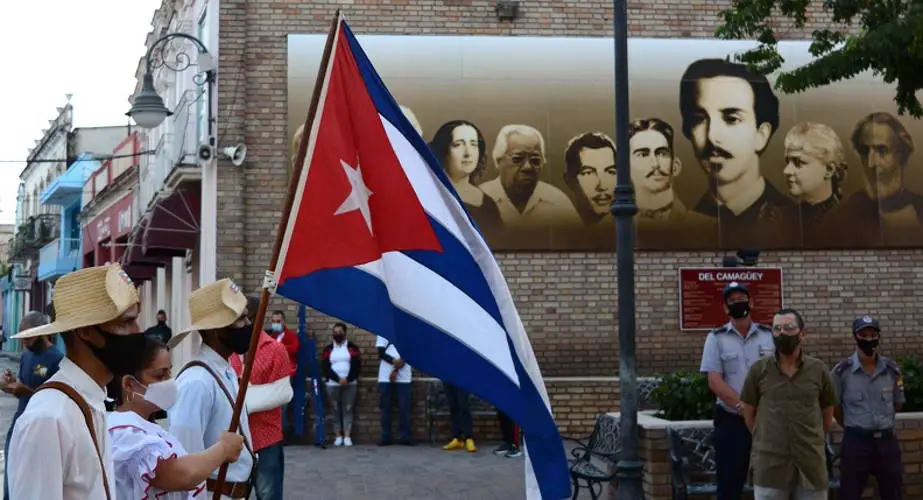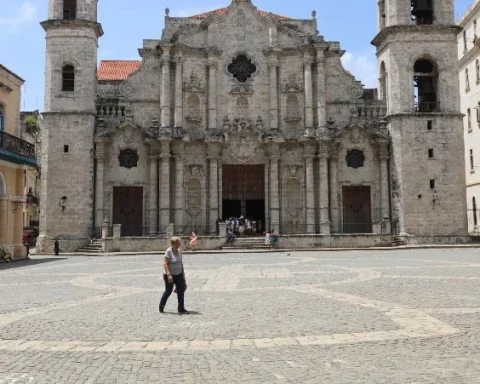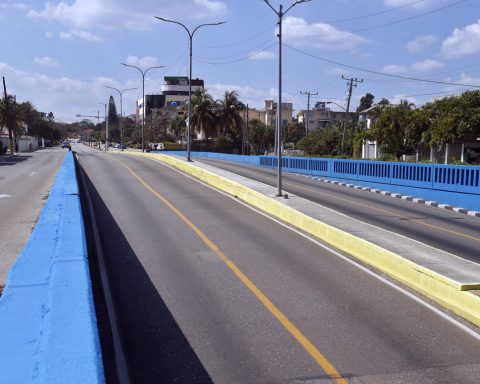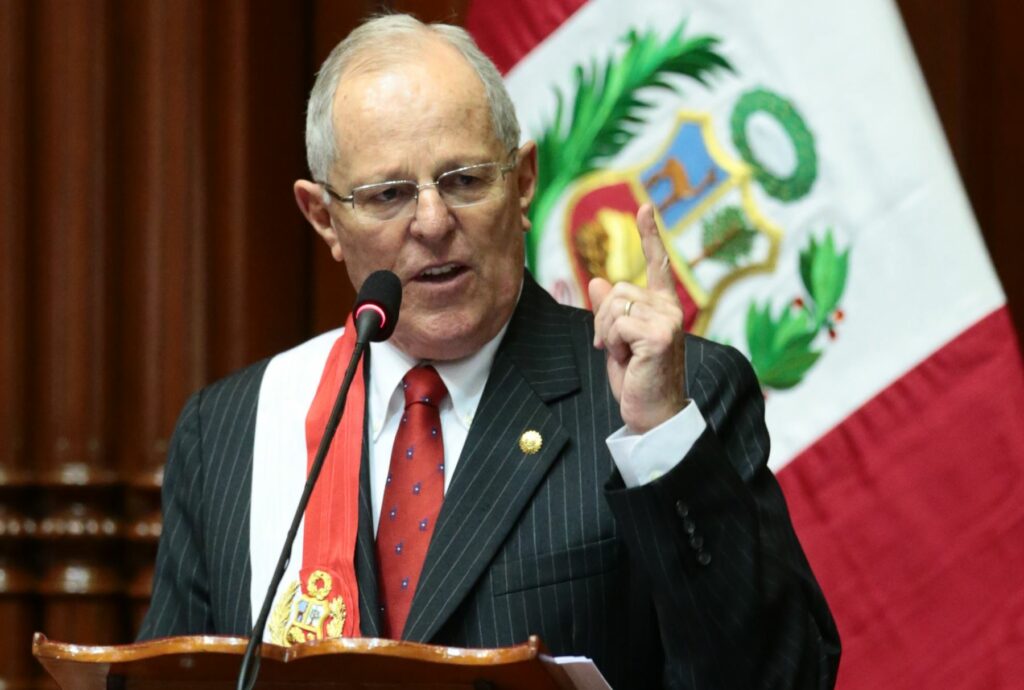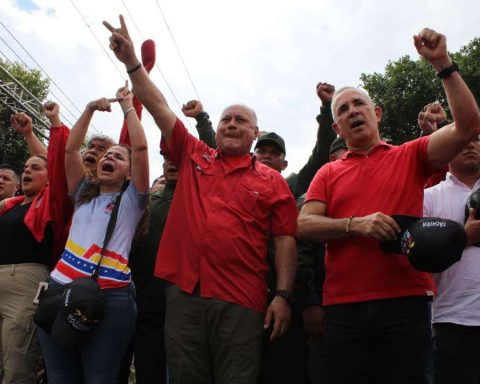Havana Cuba. — This Thursday the 11th marks the 150th anniversary of the heroic death in combat of Major General Ignacio Agramonte y Loynaz. The event has been highlighted in the independent Cuban press; For example, this same newspaper CubaNet published an emotional chronicle about the topic. More surprising is that the date has also been highlighted by the organs of agitation and propaganda of CastroismBut I’ll expand on that later.
The distinguished Camagüeyan patriot is creditor of wide recognition, and not only for his military merits (which are many and very outstanding), but also for his political work, because, even in the conditions of the armed struggle against the colonial regime, he stood out for respect for human rights and the legal order, as demonstrated when drafting the Constitution of Guaimarothe first Cuban that was valid in our country.
The patrician was known by the nicknames of The Bayard (allusion to a prominent nobleman of medieval France, who was characterized by his strict adherence to chivalric norms) and The oldest (Intentionally shortening his military rank, which his subordinates spread to highlight the exceptionality of their boss). It is not for nothing that Agramonte enjoys the admiration and deep respect of the Cuban people.
Strictly speaking, the same cannot be said of the communists. As proof of this, I can cite an anecdote from my debut as a delegate to the General Assembly of the ONBC (National Organization of Collective Law Firms). By Law, it is supposed to be an autonomous entity, directed by the aforementioned body, which is composed of representatives chosen by the member attorneys. In 1990 I had been one of the two elected by my colleagues from the Specialized Appeals Law Firm.
The activity of this body, made up mostly of unit directors, members of the only party and other bureaucrats (whose election is fostered by the system of voting by show of hands), is characterized by the authoritarian bossiness that the bosses tend to exercise. But I had the opportunity to introduce a discordant note in it, through a proposal for the ONBC to finance the erection of a monument to Agramonte in Havana.
I clarify that the project was perfectly viable on an economic level: the ONBC coffers kept millions of pesos. Much of that treasury was spent on buying houses (to install new units, yes, but also to provide luxurious residences for top bosses). What was then a common practice was followed: making a large donation to the MTT (Militias of Territorial Troops).
But the leaders did not agree to spend even a small part of the money to pay this tribute to Agramonte. At the Presidential Table, together with the President of the ONBC, the Minister of Justice, the President of the Supreme Court, the Attorney General, the Head of the Department of State and Judicial Organs belonging to the Central Committee of the only party) occupied their usual positions). From there the voices opposed to my proposal were raised.
I remember that they used various pretexts: one mentioned that the building of the Faculty of Law of the capital’s university bears the name of the patriot (as if that were enough!). An obvious fact was not enough, which I took care to highlight: among the great fighters for our independence, the most prominent one who does not have a monument in our capital, is precisely Agramonte.
The debate was intense, and ended with a vote in which, as might be expected in a body dominated by bureaucrats and communists, “No” won. But the number of those who supported my proposal (almost all rank and file lawyers) almost equaled that of the employers. That was my reason for satisfaction: during the brief performance I had in the ONBC General Assembly (which ended in 1992 with the “act of repudiation” that they orchestrated for me) it was the only divided vote.
That tirria of the communists towards Agramonte is —I think— more than justified. There are, to demonstrate it, the memorable words of the then young law student against excessive administrative centralization, which he pronounced before his professors and classmates, on a Thursday or Saturday of an unknown date, during a seminar (and not in his “graduate thesis”). ”, as some erroneously claim):
“From there to communism there is only one step; It begins by declaring the individual impotent and concludes by justifying the intervention of society in his action, destroying his freedom, subjecting his desires, his thoughts, his most intimate affections, his needs, all his actions to regulations.
So it should not surprise us that, throughout the 64 years of their lethal rule, the Castroites have ignored the illustrious Bayardo Camagüeyan; that they have ignored it. Or that the communist bureaucrats of the ONBC have torpedoed the project of the Cuban agramontistas, backed by the vast majority of rank and file lawyers, to erect a monument worthy of his glory in the capital of the republic that he so prominently helped found.
Therefore, yes cubadebate, Granma, rebel youth or the National Television Newscast they exalt his figure on the occasion of the tragic anniversary, it is not because now they have begun to sympathize with the eminent Cuban who at the time sang the truths to them, discharacterizing his atheistic, foreign and mistaken doctrine. It is only because, in the midst of their ideological shipwreck, they use any means to present “a good face to bad weather.”
Saving the distances, they have acted like this for the same reasons that lead them to provide information, often inaccurate and belated, on the efforts, fruitful or not, carried out by their bureaucrats to alleviate some of the many deficiencies suffered by the town. Or to affirm that the explosion of popular discontent last week in Caimanera was due to the activity of three drunkards.
So, we must boast of that remarkable fact: that the Castroites, despite the justified animosity they feel for the great patriot Ignacio Agramonte, have felt obliged to remember the sesquicentennial of his glorious fall in combat.
OPINION ARTICLE
The opinions expressed in this article are the sole responsibility of the person who issues them and do not necessarily represent the opinion of CubaNet.
